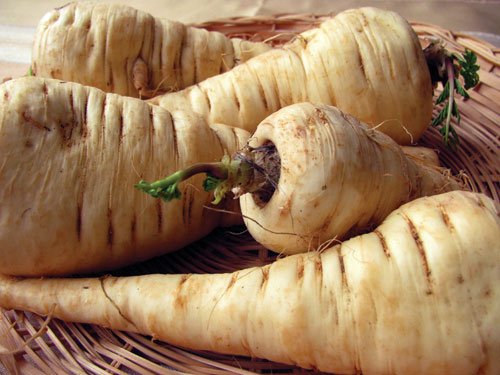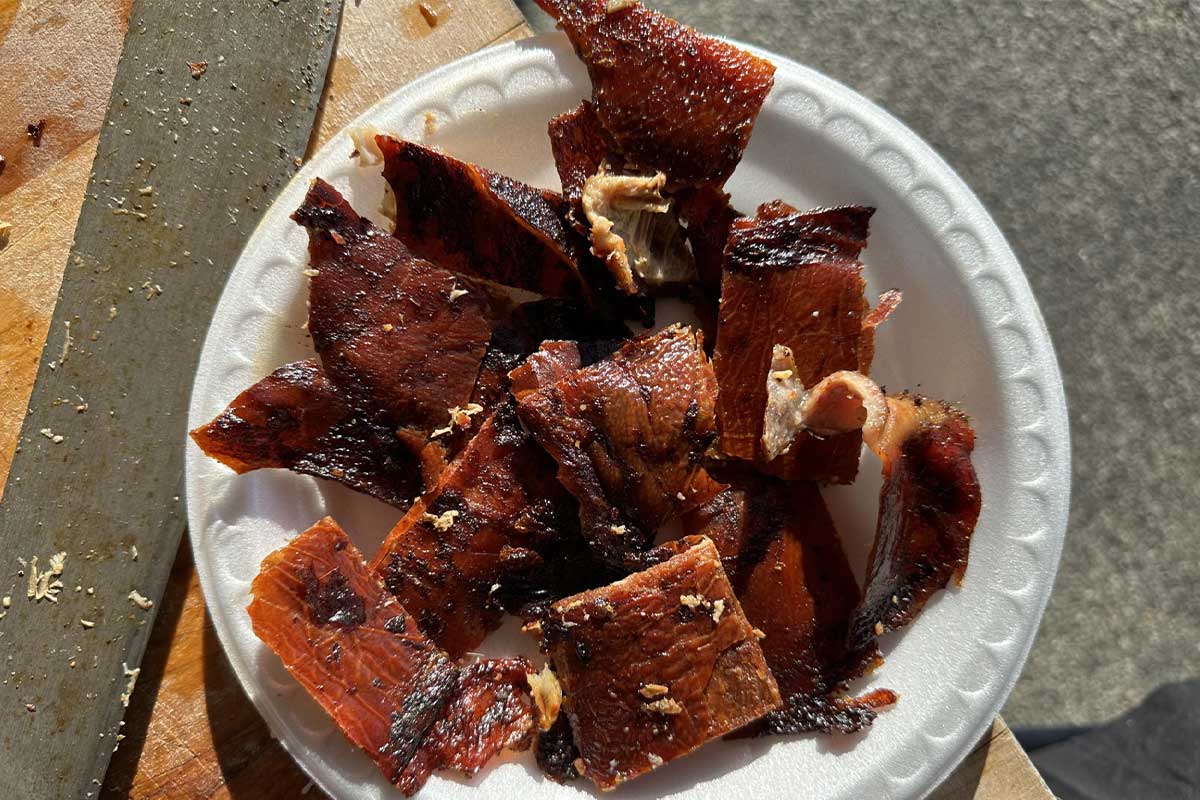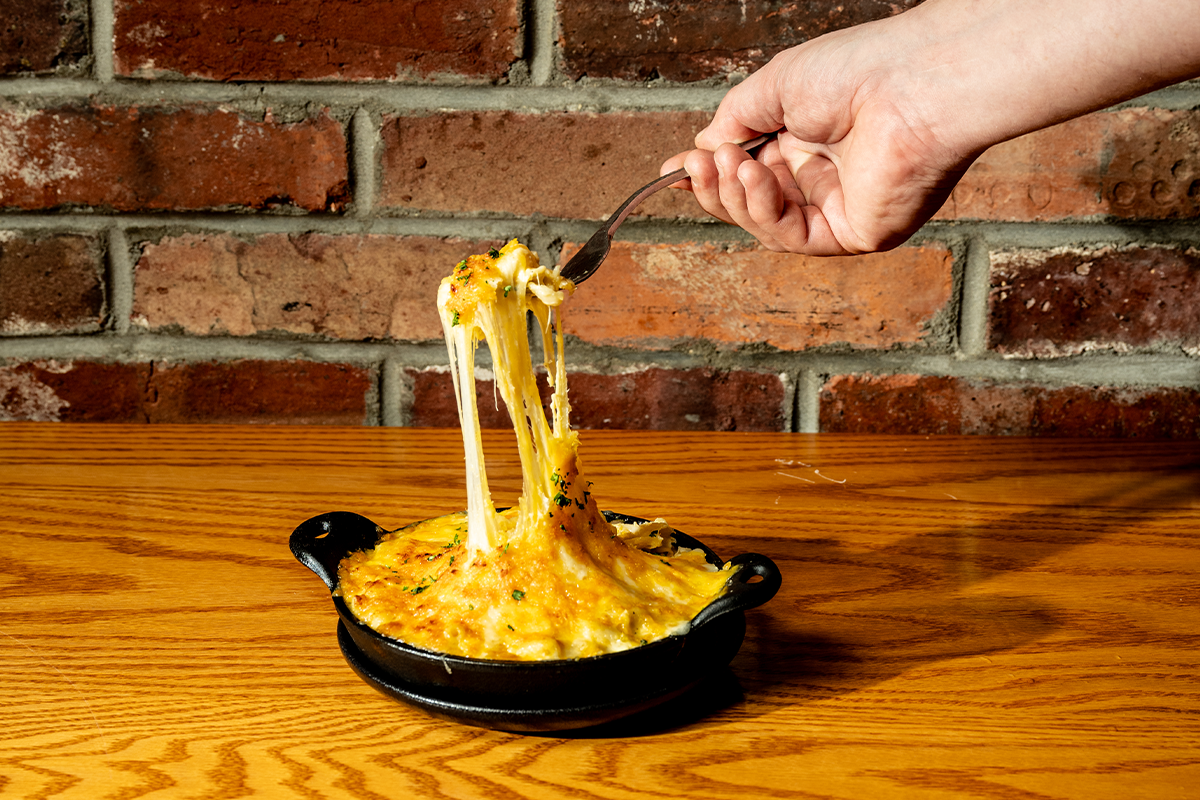Once the ruler of starches, parsnips let the boldly-hued carrot hog the plate. But don’t discount this sweet root vegetable.
By Stefanie Gans

BUY

earth sugar
Winter may be the best time for those with a sweet tooth to try new vegetables.
Parsnips, the ghostly sibling of the carrot, turn sweeter when growing in colder temperatures, making this month the right time to trick a dining companion into eating a bit of snow-colored candy.
COOK
tweet-cipe
@Margotwiss Simmer 1 c. ea diced carrots, parsnips, onions, potatoes. Mash w/ butter, s&p. Or add 2 c. milk for soup.
@SamsGoodMeats Parsnips: peel into ribbons w/ veg peeler; dress w/ salt, pepper, olive oil; spread on sheet tray; bake at 400 until golden.
@timothyfuchsSlice in 1/2, saute w/ onion, 1/2 cup greens, salt and tsp herbs de provence until tender and caramelized. Serve!

READ
vegetable whisperer
Farmers Jere and Emilee Gettle sell two million seed packets a year, run a (pay-as-you-can) restaurant in Missouri, publish Heirloom Gardener magazine, and last year, released their second book, “The Baker Creek Vegan Cookbook.” They know their vegetables.
The two suggest parsnips for sweetening a lemony risotto and replacing carrots in coconut milk-enhanced muffins. / rareseeds.com
TOOL

power up
The $3,000, restaurant-grade version of the Vitamix XL blender that Tobias Padovano uses at Evo Bistro isn’t necessary to puree parsnips at home.
The chef sautés parsnips with oil, garlic, shallots, thyme and cream, then blends until smooth.
“The root vegetable,” says the McLean-based chef, “helps cut the gaminess” when paired with venison.
Kitchen mortals can by an at-home version at Sur La Table.
LEARN

butter up
The expression “fine words butter no parsnips” originated in the 1600s in Britain, according to New Zealander Max Cryer, language expert and author of “Preposterous Proverbs: Why fine words butter no parsnips.”
Its explanation, Cryer writes in an email, is “talking about something doesn’t get it done … talk is easy but it isn’t action. The meaning arose in Britain from the frequent use in earlier centuries of butter in cooking to render foods more smooth and palatable,” which is also why we use the term “butter up” for flattery.
(February 2013)




